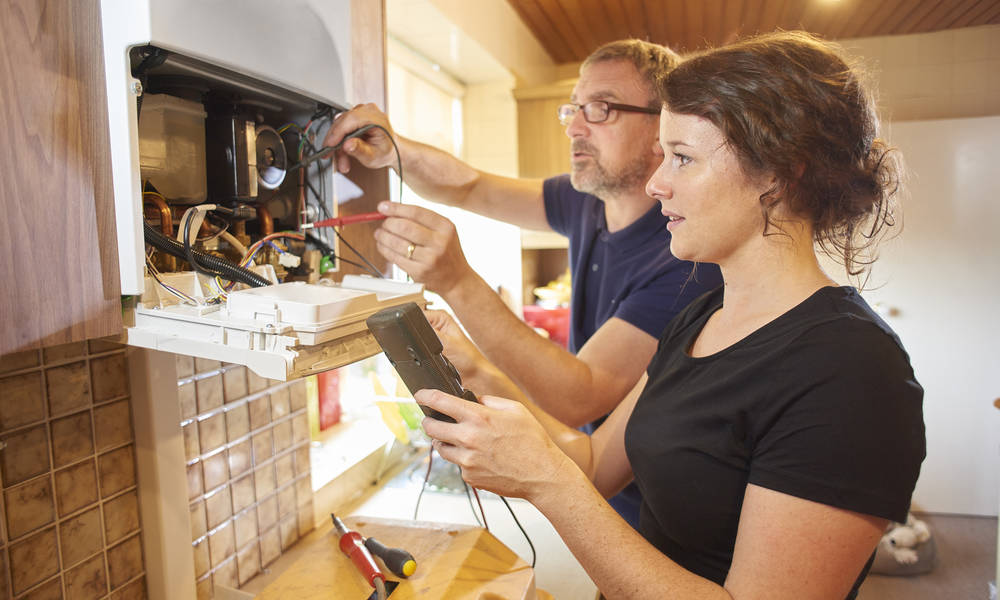
How Associations Are Embracing Apprenticeships
With a growing interest in apprentice programs among the public, associations are in a position to capitalize—and perhaps close those pesky labor gaps that grow every year. Check out a few examples of associations big and small offering such programs for their respective industries.
Apprenticeships are growing in importance.
According to a recent survey by the American Staffing Association, 68 percent of respondents said they believed that learning a skill through apprenticeship was better for finding a job that would last the long haul. At the same time, 69 percent of respondents felt that the value of a college degree was declining.
The result? There’s a rising opportunity for apprentice programs, even in sectors where they haven’t been offered before.
Associations are well-suited to offer these kinds of apprenticeships as a way to attract new kinds of workers to their respective industries. Here are just a few of the many examples of such efforts:

The Hospitality Sector Registered Apprenticeship Project, run by the National Restaurant Association Educational Foundation (NRAEF) and the American Hotel and Lodging Association, came about partly in response to a White House executive order that gave associations more leverage in launching their own apprenticeship programs. The program aims to attract and help train new employees in the hospitality industry. “There’s a real combined, concerted effort to present this to both the hotel and restaurant industries as a great way to build a company workforce,” NRAEF Vice President of Communications Gordon Lambourne said in comments to Associations Now last year.

The National Rural Water Association Apprenticeship Program targets a public service that requires a lot of employees to operate (NRWA estimates 380,000 nationally), in areas of the country where such employees can be difficult to replace. Since the industry is facing an aging workforce and ever-increasing standards, NRWA is leaning on its state and local affiliates to help encourage new water utility workers to join the industry. The program launched last November with the support of the U.S. Labor Department.

The National Electrical Contractors Association (NECA) recently announced updates to its apprenticeship program that include more elements of technology—the largest update to the long-running program in its two-decade history. The association’s training centers, on their own, have a membership of more than 5,000 workers, according to Engineering News-Record, and the apprenticeship programs are intended for the long haul: NECA rules mandate that workers take part in a five-year program and take 24 hours of continuing education every three years.

The Rhode Island Marine Trades Association has an apprenticeship program that specifically targets high schoolers. Its summertime boatbuilding program aims “to get the students on the water in the boat that they built,” according to RIMTA CEO Wendy Mackie. The association is using the summer program to attract participants to join its Marine Trades Pre-Apprenticeship Training Program, a seven-week program designed for those age 18 and older.

Apprenti, a tech-minded apprenticeship program launched in 2016 by the Washington Technology Industry Association, looks to draw workers who are underrepresented in the tech workforce, such as women, minorities, and military veterans. Last week, the program announced its first round of graduates, five veterans who spent a year developing full-time experience at Amazon, a company always in need of new employees—it reportedly has 17,000 openings. “This is just five. It’s just the beginning,” said Amazon’s Ardine Williams, a vice president of human resources operations, in comments reported by The Seattle Times.
How is your association using apprenticeships to draw in new workers for the industry? Share your insights in the comments below.
(monkeybusinessimages/iStock/Getty Images Plus)






Comments